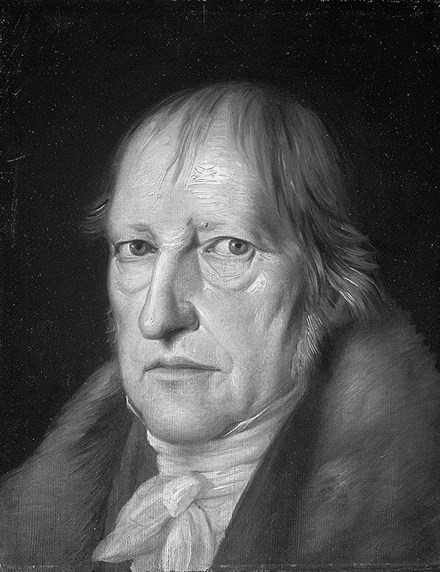

Our all-too-human Hegelian agency
pp. 648-664
in: Matthew C. Altman (ed), The Palgrave handbook of German idealism, Berlin, Springer, 2014Abstract
My title is meant to challenge a common preconception of Hegel, a preconception we might plausibly associate with a philosopher who designates his form of idealism as "absolute" and who claims that modern philosophy (at least his version of it) has arrived at the standpoint of "absolute knowledge."1 In the area of practical philosophy the preconception is that Hegel's claims are similarly immodest, and that he awards human nature the capacities of unlimited freedom and perfect self-awareness.


